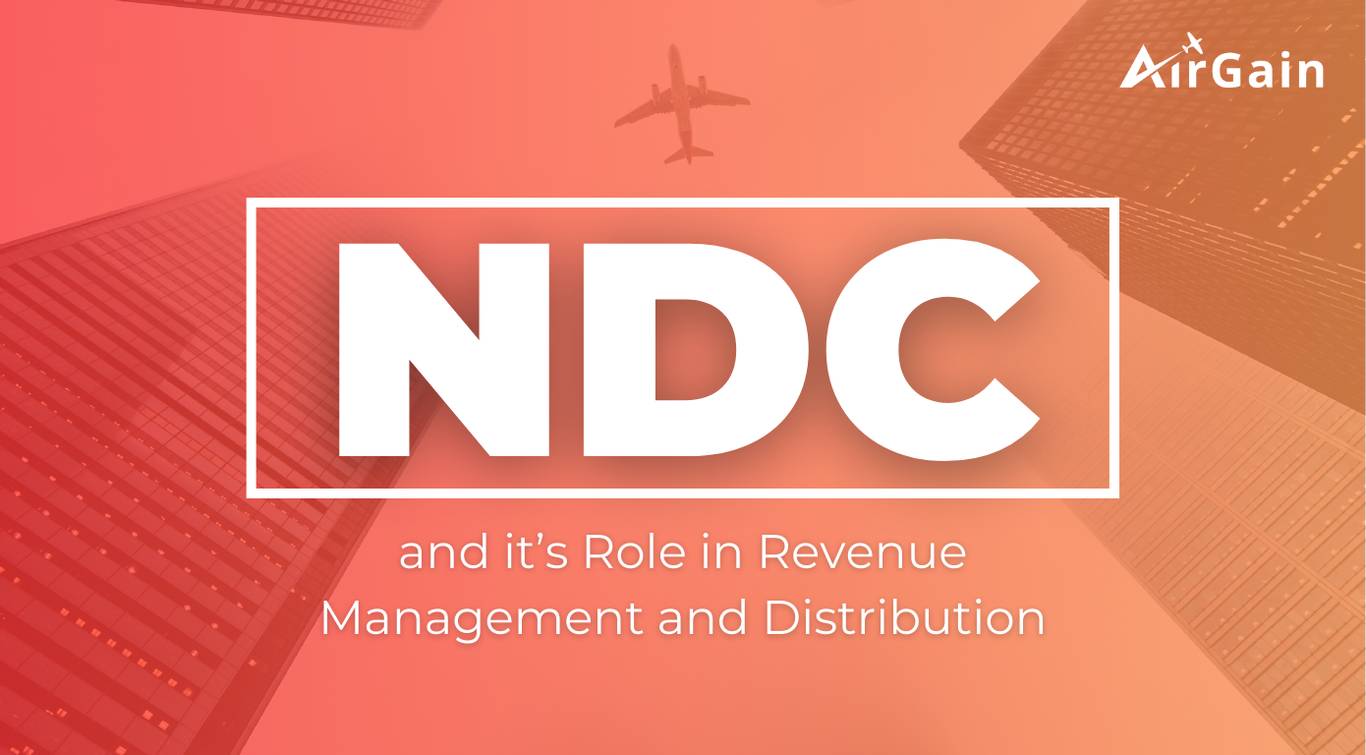03 Sep

How Can New Airlines Thrive the Post- Covid World
The airline sector by itself is challenging, and the pandemic just made it more so. Leading airlines are plagued by steep reductions in occupancy levels, fluctuating demand, and the absence of solid, reliable historical data to back pricing decisions.
It is not going to be easy for new airlines, but that hasn’t stopped aviation entrepreneurs from trying. As per data from a recent study, in 2021 alone, more than 90 new airlines are set to launch operations, across low-cost and premium categories.[1]
This is great news and a much-needed boost for an industry that has been struggling to record growth in the past 18 months. However, these airlines do not have a lot of time to settle in and build customer acquisition strategies. In order to sustain and develop, these airlines would require a product that can start delivering from the get-go.
Setting up the perfect revenue management plan is tricky. More so in the case of new airlines, several other challenges need to be factored in. Automating certain tasks such as the acquisition of fresh, usable data through a SaaS product can simplify the entire process, letting RMs focus on maximizing revenue.
In this article, we’ve compiled some helpful tips for RMs of new airline companies to enable them to thrive in a highly competitive market.
Challenges in the Aviation Industry
Challenges faced by New Airlines
Unlike established airlines that already enjoy brand loyalty, new airlines have an uphill task to create a brand recall in the minds of travelers. Not knowing what channels work for marketing can make this process difficult.
In terms of pricing, newer airlines are unsure of the right price point, and some tend to adopt deep discounting, which apart from being unsustainable in the long run, could affect the brand image.
Knowing the target audience in terms of what traveler is right for the airlines, and what is the price they are willing to pay is essential, but without real-time data, it would be hard for new airlines to get right in the first go.
How New Airlines can Make a Mark from Day One
Airlines need to rethink the traditional methods of acquiring data, as most of the available data in the currently volatile market is rendered useless within a matter of hours. Due to the ever-changing regulations and travel advisories in the wake of Covid, it is essential for RMs to:
- Stay updated on every new occurrence in their operational locations
- Find real-time sources of reliable data
- Constantly keep track of the competition and be ahead of them
However, these tasks would require a lot of time and effort if done manually. Time is a luxury which new airlines cannot afford, as established airlines are already utilizing technology to get real-time insights that help them price smartly. Revenue managers of new airlines have to first focus on setting up a brand name and positioning themselves in the market. This in itself is a huge task, which cannot be side-lined simply because the RMs are following the old approach of manually acquiring rates.
The advantages of Automation
There may be no magic wand to undo the damage Covid has caused but using a tool that is designed keeping in mind the ever-changing industry can assist revenue managers in making intelligent decisions that can help new airlines prosper.
Real-time, any time
Lack of real-time data can strongly affect pricing decisions. Relevant data needs to be compiled from a variety of sources in real-time so that RMs can constantly track price changes and stay updated on the latest trends.
Faster insights, to always stay ahead
Real-time data just forms one part of the solution. Utilizing tools or processes that allow revenue managers configure a set of rules based on certain criteria such as departure dates, routes, fare differences, channels, and return parameters can help them plan prices smarter. Additionally, parameters that trigger alerts in case of a variation in the configured criteria can be set up.
Possessing actionable insights lets you make decisions faster than your competitors, giving you a major advantage in the pricing game.
Compare prices across channels
A robust platform is one that lets you identify and compare variations in mobile and desktop prices, before making pricing decisions. This lets you maximize revenues by pricing your offering intelligently.
Easy and efficient platform management
Any digital platform or tool used for acquiring, analyzing or interpreting data should be easy to use and have features that let the users perform repeated actions in a single click, thus saving time.
For example, if a dataset is common across multiple reports, having to enter the data individually into these reports would be extremely time consuming and contrary to the thought process involved in using that software in the first place.
With a tool that can automate a certain task, such as addition, modification or deletion of data across multiple reports within a few clicks, RMs can save time and effort easily.
Reports form a vital part of the revenue management and pricing processes in the airline industry. Large amounts of data need to be processed and presented in an easy-to-comprehend format, often multiple times a day. This can cause a lot of reports to pile up, making it cumbersome to manage and sort based on the RMs requirement.
In a data-driven world where split second decisions are taken based on freshly available data, new airlines cannot be left lagging behind with stale, inaccurate data. New airlines need to act immediately to implement systems that acquire high-accuracy real-time data.
New airlines have much more work cut out for them to succeed in a highly competitive market. While the challenges are aplenty, a comprehensive solution like AirGain can solve all pricing intelligence related issues.
Modern challenges require modern solutions. Old methods of rate shopping will get you nowhere. It’s time to consider new ways of gaining rate intelligence. Let AirGain take care of your pricing decisions, while you focus on operations. Get in touch with our experts here for a free demo of AirGain’s features.
About the Author
 Shweta Vashishth
Shweta Vashishth ![]()
Senior Vice President – Sales
RateGain
In her current role, Shweta Vashishth leads the travel business solutions at RateGain. She is a highly enthusiastic, detail-oriented, and innovative personnel. She is an Airline Revenue Expert with 10+ years of relevant and varied experience in the travel sector.
Shweta takes part and is involved in various travel events as a speaker, moderator, or thought leader. She also expertise in designing end-to-end business strategy, process improvement, revenue management, decision support, and business development.



